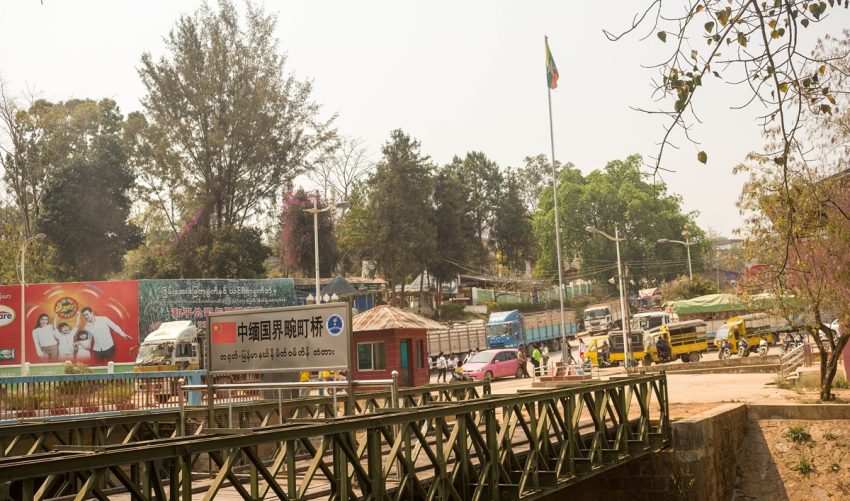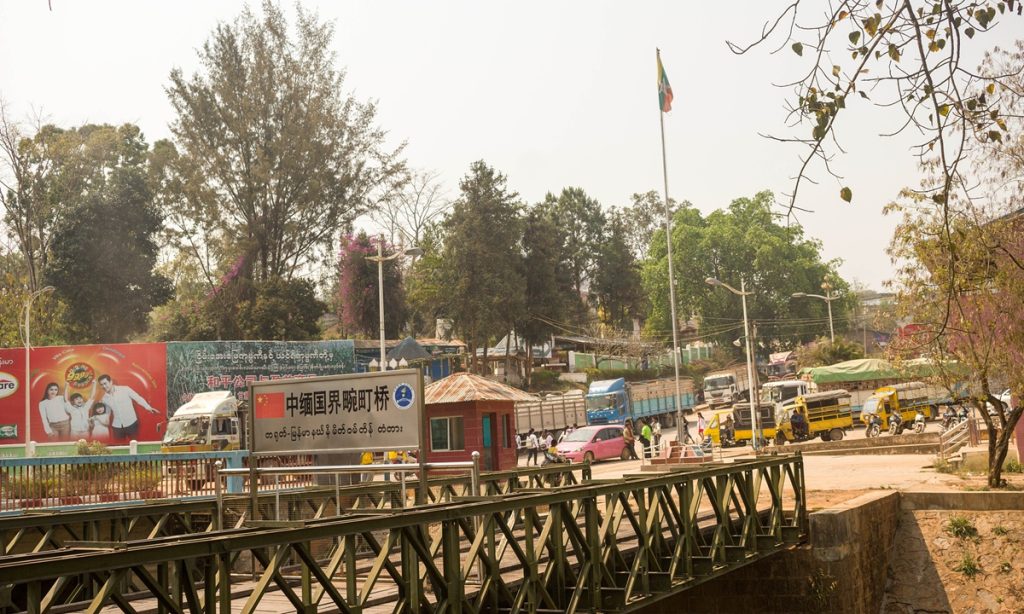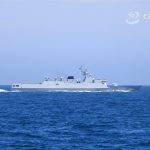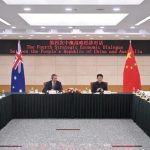
PLA Southern Theater Command conducts live-fire drills along China-Myanmar border

The Chinese People's Liberation Army (PLA) Southern Theater Command has deployed the army and air force to conduct live-fire drills on the Chinese side of the China-Myanmar border starting from Tuesday, Tian Junli, a spokesperson at the PLA Southern Theater Command, said in a statement on Tuesday, stressing that the command has been prepared at all times to respond to various emergencies and is committed to safeguarding national sovereignty and border stability.
The exercise is in accordance with the annual training plan and aims to test the rapid mobility, precise incapacitation, blockade and joint strike capabilities of the forces, Tian said.
On Monday, the PLA Southern Theater Command also released a notice about the drills, saying that it started at 8 am on Tuesday and will last through 6 pm on Wednesday. It reminded vehicles and personnel entering this area to comply with traffic control.
The notice unveiled the area for the drills, which involves the towns of Xima, Nongzhang, Longba and Zhangfeng in Dehong Dai and Jingpo Autonomous Prefecture of Southwest China's Yunnan Province.
In November 2023, the PLA Southern Theater Command conducted a series of real combat training and drills along the Chinese side of the China-Myanmar border, a move that experts said was to safeguard the stability of border areas and the safety of personnel from impacts caused by the civil war in Myanmar.
This latest exercise starting Tuesday fully demonstrates the PLA's determination and capability to safeguard national sovereignty, border stability and the safety of people's lives and property, Zhang Junshe, a Chinese military expert, told the Global Times.
The exercise will further enhance the troops' sense of vigilance, improving their rapid response and capabilities in combat to ensure that the troops can effectively fulfill their mission tasks, Zhang said.
Compared with the live combat exercises held in November 2023, the PLA air force also participated in this exercise, which can further enhance the theater command's capabilities in aerial reconnaissance and surveillance, rapid maneuvering and striking. This is more conducive to strengthening the theater command's response to various emergencies, Zhang said.
This exercise is part of the annual training plan, indicating that frontline troops have been maintaining normalized combat readiness training for missions. The exercise involves coordinated participation of army and air forces, focusing on testing the troops' maneuverability, precision and strike capabilities, which is in line with operational requirements for responding to current security situations, said Zhuo Hua, an international affairs expert at the School of International Relations and Diplomacy of Beijing Foreign Studies University.
Zhuo said that China and Myanmar share a long border, and their cooperation is comprehensive and wide-ranging, especially in steadily advancing cooperation projects of the China-Myanmar Economic Corridor. Therefore, the security and stability of Myanmar directly affects the interests of the two peoples.
However, in recent years, the security situation in the northern part of the China-Myanmar border has been complex and severe. The frontline troops of the Southern Theater Command will continue to strengthen combat capabilities in response to any emergencies, Zhuo said.



